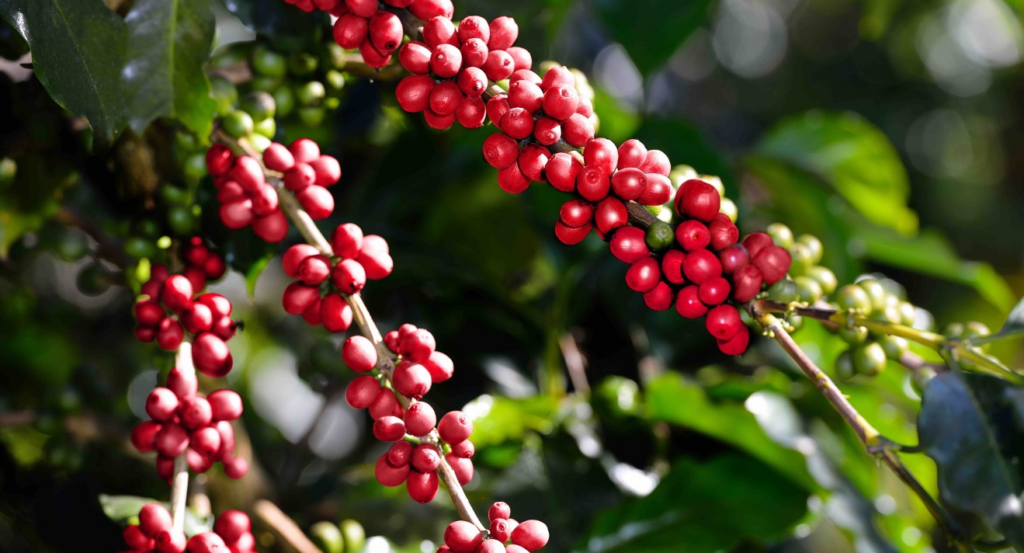GRAS supports the German Coffee Industry in Complying with the German Supply Chain Due Diligence Law
Together with the German Coffee Association (DKV), GRAS invited Members of the German Parliament and Government to a parliamentary breakfast with a focus on coffee supply chain due diligence, sustainability and food security, in Berlin on April 20.
The audience was shown how the German coffee industry is taking an innovative approach to implement the German Act on Corporate Due Diligence Obligations in Supply Chains, Lieferkettensorgfaltspflichtengesetz (LkSG). The LkSG is intended to improve the international human rights situation by setting requirements for responsible management of supply chains. It sets the legal framework for German companies to address risks regarding child labour, forced labour, freedom of association, prohibition of living income or unequal treatment, and other human rights and environmental risks. The establishment of a risk management system is one of the key requirements of the Act. Against this background, GRAS has carried out a sophisticated risk analysis of coffee-producing countries and supports DKV’s grievance mechanism Ear4U. The event showcased how this new legal requirement can be viewed as an opportunity for companies to strengthen sustainable supply chains.

The methodology for the GRAS risk assessment combines the evaluation of statistics and indices for the relevant human rights risks, and an in-depth review of reports with a focus on the implementation of national legislation and the alignment with international standards. The quantitative risk evaluation is documented in 18 country reports, which are complemented with additional subnational maps, an evaluation of anonymized coffee-certification audits and an extensive structured internet research on actual documented cases of human rights violations within the coffee sector in the target countries.
GRAS further supports the Ear4U grievance mechanism, which is provided by the German Coffee Association, with the development of the rules of procedures and the formal and factual review of incoming grievances. The system is available through a website, mobile app or by phone, allowing an anonymous communication with grievance raisers along the coffee supply chain. Both, participating companies and all stakeholders within the supply chains, including farmers and workers, benefit from joining forces to address social risks within coffee supply chains.
Within the event, presenters from the Federal Office for Economic Affairs and Export Control (BAFA), the Federal Ministry of Food and Agriculture (BMEL), DKV, Melitta, Welthungerhilfe and GRAS outlined experiences and conclusions on the implementation of the LkSG, and addressed new challenges, such as the implementation of future EU requirements for due diligence in supply chains, deforestation-free products, and climate protection.
GRAS is committed to providing innovative and collaborative approaches to help companies meet due-diligence requirements while creating opportunities for growth and development.
You can find the presentations of the event here (in German only).
If you want to learn more about the different services of GRAS to support Due Diligence legislations, please contact us.